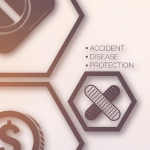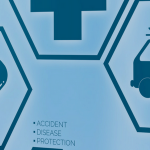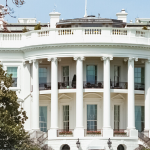RFP | State EMS Policy Whitepaper & Strategic Consulting
Request for Proposal
State EMS Policy Whitepaper Development & Strategic Consulting Services
Overview and Objectives
The American Ambulance Association (AAA) seeks proposals from qualified consulting firms to provide strategic services in the field of ambulance and emergency medical services. The selected firm will work collaboratively with the Association to identify opportunities, analyze state landscapes, develop policy recommendations, and manage the project efficiently.
About the American Ambulance Association
Caring for People—First.
The American Ambulance Association safeguards the future of mobile healthcare through advocacy, thought leadership, and education. AAA advances sustainable EMS policy, empowering our members to serve their communities with high-quality on-demand healthcare. For more than 40 years, we have proudly represented those who care for people first. AAA’s 1500+ organizational members serve cities and counties in all 50 states.
Scope of Services
The consulting firm shall provide the following services:
- Planning and Strategy Session: Convene a strategy session with key AAA leaders to prioritize states for research and opportunity development.
- State Landscape Research and Analysis: Conduct comprehensive research and analysis for no fewer than ten states, focusing on:
- State statutes, regulations, and Medicaid policies for ambulance services.
- Medicaid fee schedules for ambulance services.
- State policies on balance billing and treatment in place.
- Initiatives addressing ambulance workforce shortage, including the use of grants and ARPA funds, with a particular focus on availability or potential availability for non-governmental EMS providers.
- Policy Recommendation Development: Collaborate with AAA to develop in-depth state-level policy recommendations on the topics of EMS workforce recruitment and retention, balance billing, and treatment in place.
- Whitepaper Development: Write, edit, and publish no fewer than three in-depth whitepapers focused on state-level EMS recruitment and retention, balance billing, and treatment in place policy. The whitepapers should be suitable for use by EMS providers and state level legislators and regulators seeking to identify state EMS policy best practices.
- Project Management & Communication: Provide robust project management, including regular client meetings to review goals and progress during the development of policy recommendations and whitepapers. Facilitate regular coordination and progress review calls and monthly written updates.
All deliverables should be received in calendar year 2024.
Fees and Expenses
Proposals must include a detailed fee structure, including hourly rates for various personnel and any applicable prorated fees. A fixed total or capped amount is strongly preferred over uncapped “time and expenses” billing.
Submission Guidelines
Proposals should be submitted by January 31, 2024 to info@ambulance.org with the subject line “State EMS Whitepaper Proposal.” Proposals should include a detailed approach to the scope of services, a proposed timeline for deliverable development, detailed qualifications of the team, and a clear fee structure. Submitters should include examples of past work of similar scope in the broader healthcare field.
Selection Criteria
Proposals will be evaluated based on the firm’s experience, approach to the project, team qualifications, and cost-effectiveness. Notification will be delivered by February 29, 2024.









